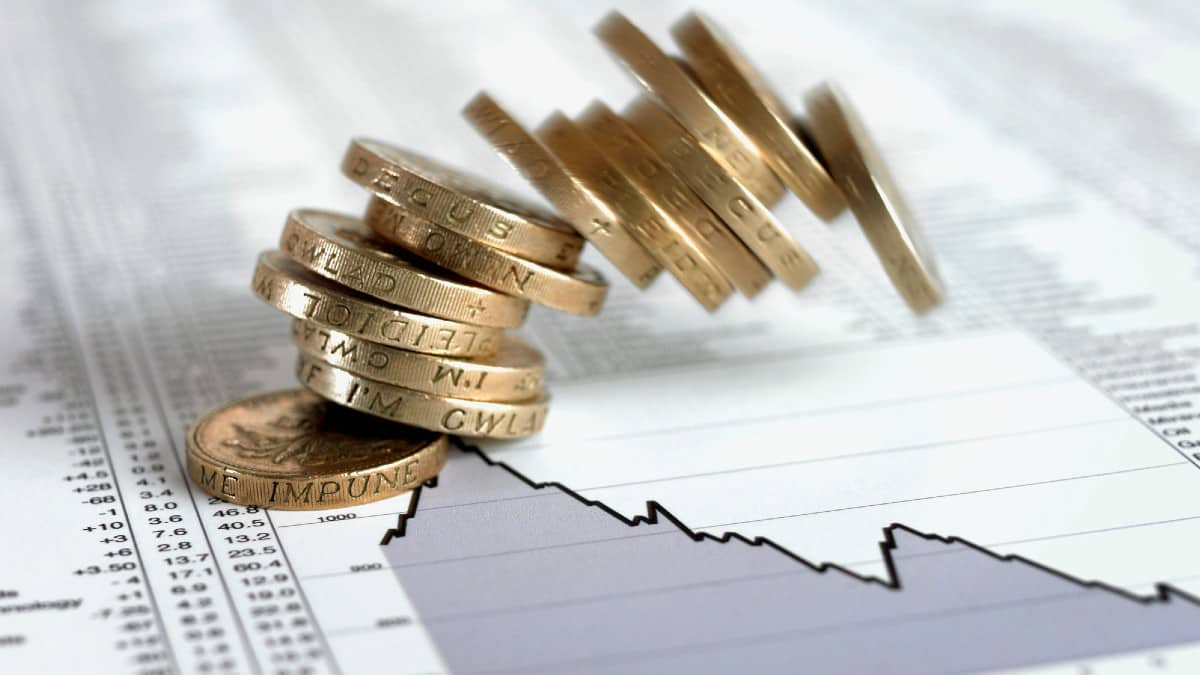Image source: Getty Images
The FTSE 250 investment firm aberdeen group (LSE: ABDN) was once dubbed the “most shorted company in the UK”.
CityAM made the remarks in December 2024, although Ocado and Domino’s Pizza have attracted even more shorts since. Obviously, that’s not an accolade that any company strives to achieve.
Yet not everyone is so pessimistic. Deutsche Bank maintains a Buy rating on the stock that it reiterated this Wednesday, 2 April — albeit with a minor decrease in target price.
So with a 9.6% yield and a fairly impressive payment track record, why are analysts so down on aberdeen? It’s a well-established company that’s been around in one form or another for 200 years. However, a recent string of unfavourable events has brought its operations into question.
That may be cause for concern, so I decided to investigate further.
A wealth management powerhouse
Formerly known as abrdn, aberdeen is a global investment company headquartered in Edinburgh, Scotland. It offers a wide range of asset management services, including equity investing, fixed income, liquidity, sovereign wealth funds, real estate, and private markets. As of December 31, 2024, it managed and administered £511bn in assets under management and administration (AUMA), with operations in over 25 locations worldwide.
Dating back to 1825, it has undergone several changes. Most recently, it merged with Standard Life only to sell that arm to Phoenix Group a few years later. In 2021, it rebranded to abrdn, a controversial capital- and vowel-free name intended to appeal to a younger, digital-focused world.
Things have been rocky ever since, but this year it is showing signs of a potential recovery.
Growth and dividends
Prior to Covid, the company enjoyed spectacular dividend growth. It raised the final amount by around 7% every year, climbing from 11.7p per share to 21.6p (between 2008 and 2019).
But the pandemic forced a 32% cut down to 14.6p per share, where it has remained ever since. The result is negative growth over the past 10 years, during which time the share price has dropped 72.7%.
Understandably, shareholders are disappointed and becoming impatient.
Recovery potential?
In recent years, the firm underwent several crucial management changes and a catastrophic rebranding. Yet through it all, it has managed to uphold strong financial performance.
2022 saw a brief period of unprofitability, but it has since raised its net margin from -36% to 15.7%. For 2024, it reported a 2% increase in adjusted operating profit to £255m and a 3% rise in assets under management.
The improved performance follows a renewed focus on core investment management services and is the most likely reason Deutsche Bank remains optimistic about the stock.
The situation remains tense
The controversial rebranding has been mostly reversed and CFO Jason Windsor is standing in as interim CEO after Stephen Bird stepped down. Whether a new CEO can turn things around for the company remains to be seen.
Although Deutsche Bank still has a Buy rating on the stock, it reduced its price target from 200p to 195p. It hasn’t traded above 195p since August 2023 — and traded below that level for most of 2022. A move above would bring many investors into profit, potentially igniting a rally for the stock.
If that happens, great. But I won’t consider the stock right now as it’s still a bit risky.
Credit: Source link














